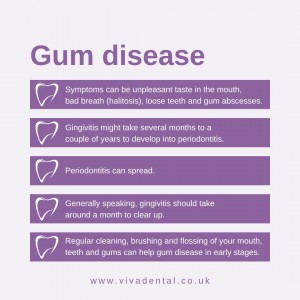How We Treat Gum Problems

Gum problems can be more common than you think – but that doesn’t mean you should suffer through their side-effects. Our top dentists serving Lancaster want to help with any oral health concern, so read on to see exactly how our specialists help with your dental care and ensure gum problems are left in the past.
What kind of gum problems are there?
The most common type of gum problem is slightly red, swollen gums that may bleed when brushed. This is known as gingivitis. If not treated, gingivitis can turn into periodontitis. Further symptoms develop, such as an unpleasant taste in the mouth, bad breath (halitosis), loose teeth and gum abscesses. Periodontitis can sometimes also causes bone loss.
That sounds scary. Does gingivitis always turn into periodontitis?
No. It takes a long period – several months to a couple of years – for gingivitis to develop into periodontitis. The latter attacks the soft tissues and bone that support your teeth, and can cause tooth loss, as well as being linked to other medical concerns (including heart attack and stroke).
Can periodontitis spread?
Absolutely. That’s why it’s so important to treat any signs of gum disease as early as possible.
How do you treat gum disease?
In the early stages, regular cleaning, brushing and flossing of your mouth, teeth and gums is all that’s required – as well as your usual dental check-ups. That’s because the dentist can help shift more stubborn plaque.
For severe gum disease, surgery might be needed, from procedures that regenerate the tissues of the mouth, to flap surgery (which reduces pockets in the gums where abscesses can form) and grafting of bone and tissue.
If I have gum disease, how long does it take to heal?
Everyone’s biology is different, and the extremity of symptoms needs to be taken into account. Generally speaking, gingivitis should take around a month to clear up. With periodontitis, it’s more a case of slowing down the damaging effects of the disease (like receding gums and tooth loss).
How are gum problems diagnosed?
Our dentists serving Lancaster can help. If you’re concerned about your oral health, have a family history of gum disease, or have noticed any of the signs and symptoms we’ve listed in this blog post, it might be wise to arrange an appointment at our dental practice. Find all the details here, and we’ll be in touch soon.





